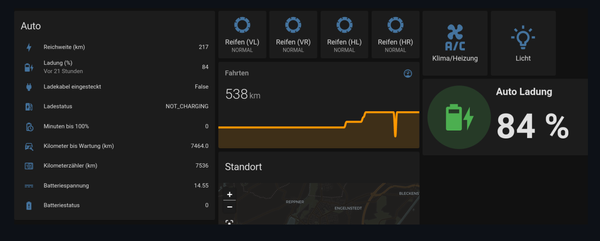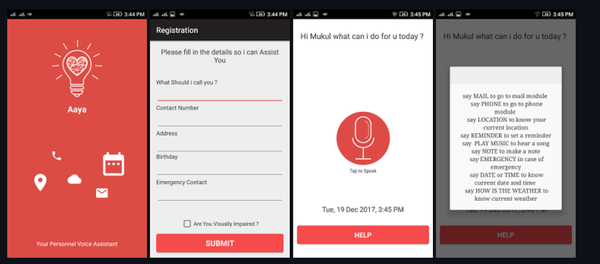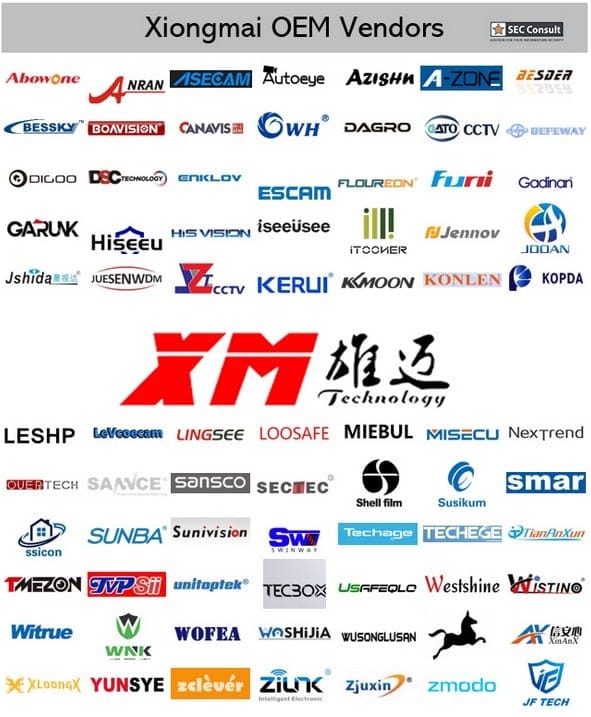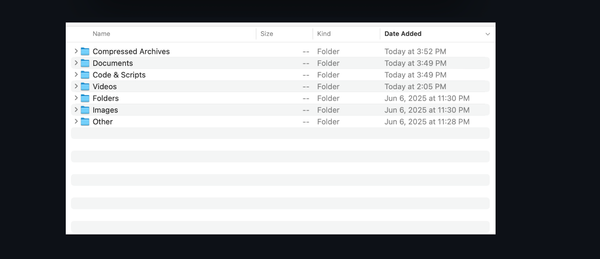Unlock Your Car's Full Potential: 10 Essential Car Tuning Secrets Every Car Owner Should Know
Table of Content
Is your car not performing quite the way you'd like? Car tuning isn't just for racing fanatics chasing extreme horsepower – it's a powerful tool for every car owner. Car tuning involves adjusting your vehicle's systems, both mechanical and electronic, to boost performance, efficiency, comfort, and the overall driving experience. While physical upgrades like exhausts are common, electronic tuning using tools like OBD scanners and specialized software (such as VCDS for VW Group vehicles like the popular Volkswagen Virtus GT) offers significant benefits with often minimal risk. Mastering the basics of car tuning means getting far more value and enjoyment from your vehicle.
Here are 10 crucial things every car owner needs to know about car tuning:
- Car Tuning Isn't Just About Speed: Forget the myth – car tuning isn't solely about drag strips. Many tuning options focus on boosting fuel economy ("eco tuning"), refining daily driving comfort (think steering feel, throttle response), or activating built-in disabled features (like unique display modes or convenience functions). True car tuning is about personalization for your specific driving needs.
- Electronic Tuning is Accessible and Powerful: Today's cars are essentially computers on wheels. Electronic tuning, done through the standard OBD-II port, grants access to your car's ECU (Engine Control Unit) and other modules. This unlocks the ability to tweak engine maps, transmission behavior, and crucially, activate a wealth of hidden features. Basic OBD2 scanners handle diagnostics, while advanced software like VCDS for Volkswagen/Audi opens up deep customization, making electronic tuning accessible to the average car owner.
- Hidden Features Abound: Manufacturers often disable features via software to create different trim levels or simplify production. Car tuning, especially with tools like VCDS, can unlock these hidden features. Think different instrument cluster displays (like a sleek horizontal tachometer), improved climate control performance, synchronized lighting effects (DRLs blinking with indicators), or detailed driving data menus (Sports/Off-Road menus). Activating these hidden features can dramatically enhance your driving experience.
- OBD is Your Gateway: The OBD (On-Board Diagnostics) port, typically found under your dashboard, is the standard access point for car tuning tools. A simple OBD2 scanner reads and clears diagnostic trouble codes (DTCs), helping maintain your car's health. More advanced OBD tools go further, displaying real-time data (RPM, temperatures, fuel trims) and performing adaptations or resets (like throttle body learning or oil service resets).
- Understand the Risks and Benefits: While many tuning adjustments (especially convenience features or hidden features) are low-risk, modifying core engine parameters (like ECU remapping) can affect engine reliability or void your warranty. Poor tuning can cause engine damage. However, correct tuning can improve efficiency and even reduce component stress (e.g., smoother throttle response). Always research thoroughly or consult a professional tuner.
- Start Simple and Learn: Don't leap into complex ECU tuning straight away. Begin with a basic OBD2 scanner to understand your car's diagnostics. Get comfortable reading codes and basic data. This foundational knowledge makes exploring advanced tuning safer and more informed. Gradually move to tools like VCDS if your vehicle supports it (like the Volkswagen Virtus GT).
- Invest in Quality Tools and Software: Cheap or fake tuning tools and software are unreliable and can damage your vehicle. Invest in reputable brands for OBD scanners and ensure software (like VCDS, INPA for BMW, etc.) is genuine and updated. Quality tools deliver accurate data and safer tuning experiences.
- Professional Tuning Has Its Place: For major changes like ECU remapping for power or economy gains, or complex diagnostics, finding a reputable professional tuner is smart. They have the expertise, proper equipment, and engine dynamics knowledge to make safe and effective adjustments tailored to your goals.
- Tuning Enhances Ownership Experience: Fundamentally, car tuning lets you tailor your vehicle precisely to your preferences, fix minor annoyances, and potentially boost its operation. Whether it's enabling hidden features for added convenience (like automatic ORVM opening or acoustic lock confirmation), adjusting driving dynamics for a sportier feel, or optimizing for better fuel economy, car tuning transforms your relationship with your car, making ownership far more engaging and satisfying.
Why Backing Up Original Settings is Crucial for Safe Tuning
Before making significant tuning changes, especially with software like VCDS, always check if you can save the original factory settings. This critical step acts as a safety net. If you're unhappy with the new settings or encounter unexpected issues, you can easily revert to the stock configuration. This protects your investment and ensures you can always return to the manufacturer's baseline if needed.
Understanding these car tuning essentials empowers every car owner to make smarter decisions about maintaining and upgrading their vehicle. It's a valuable skill that bridges basic maintenance and deeper mechanical knowledge, leading to a more personalized and potentially more efficient driving experience.
Choosing the Right OBD Device: Your Tuning Gateway
Selecting the correct OBD device is the first step in your car tuning journey. Here are key tips for making the right choice:
- Identify Your Needs: What do you want to achieve? For basic diagnostics (reading/clearing codes), a simple, budget-friendly OBD2 scanner is sufficient. For real-time data monitoring (RPM, temperatures, O2 sensors) or performing adaptations (like throttle learning), you'll need an advanced OBD2 scanner.
- Check Vehicle Compatibility: Ensure the OBD device explicitly supports your car's make and model. While all cars sold since 1996 (US) or 2001 (EU) have an OBD-II port, specific diagnostic protocols (like CAN, K-Line) and manufacturer-specific functions vary. Some scanners are universal, while others are brand-specific.
- Prioritize Quality and Brand Reputation: Avoid extremely cheap, no-name brands. Opt for devices from reputable manufacturers known for reliability and good customer support. Read user reviews focusing on accuracy and ease of use for your specific vehicle.
- Consider Connectivity: Most modern OBD devices connect via Bluetooth or Wi-Fi to a smartphone app. Ensure compatibility with your phone's operating system and check the stability of the connection. Some professional-grade tools use USB connections for PC software.
- Evaluate Software Features: The accompanying software or app is crucial. Look for clear data displays, the ability to save and log data, and access to relevant diagnostic trouble codes (DTCs) with explanations. Advanced tools often come with more sophisticated software for deeper analysis.
- Budget Wisely: Set a realistic budget. Basic diagnostic tools start around $20-$50. Advanced scanners with real-time data and adaptation features range from $100-$300+. Specialized software like VCDS for VW/Audi requires a compatible hardware cable (often sold separately) and may involve a purchase or subscription cost.
By carefully selecting the right OBD device, you lay a solid foundation for successful and safe car tuning.






